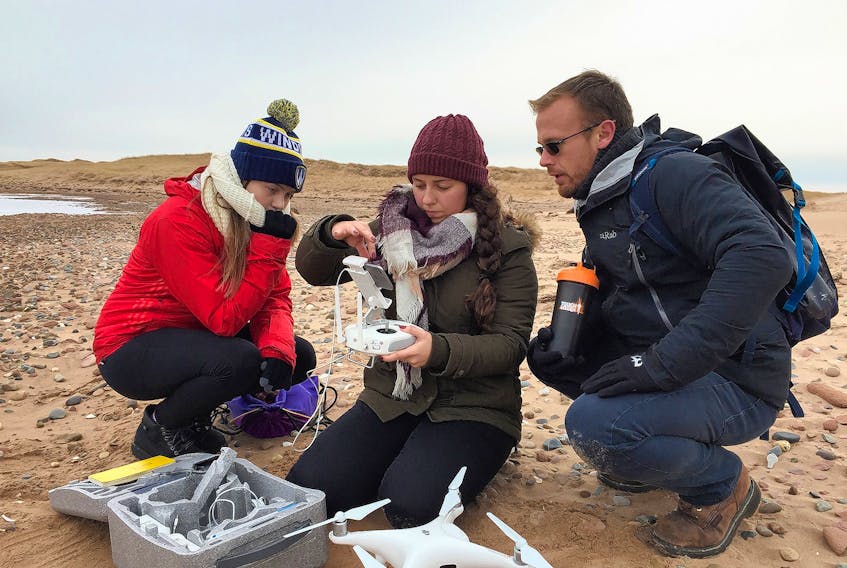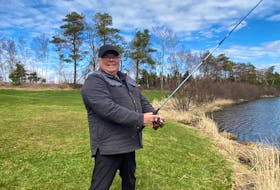A University of Windsor student is hoping her research on P.E.I.’s north shore this summer will help make the beaches safer across the world.
Summer Locknick, a master of earth science student, will spend the next six months researching the behaviour of beachgoers who frequent the popular Cavendish and Brackley beaches.
As part of the research, she’ll be spending July in P.E.I. to look at the relationship between beach-goers and rip currents.
Locknick said her research is not looking at how rip currents are formed but rather why people use the beach at certain times and why they enter the water.
“We want to understand what makes people go into the water” said Locknick in a phone interview from British Columbia. “We want to look at behaviour … right now, about 80 per cent of drownings and rescues are caused by rip currents.”
She noted both Cavendish and Brackley are known for rip currents near the main access points, and despite warning flags and a lifeguard program there have been several drownings in recent years.
Locknick hopes to change this.
Although her research is taking place in P.E.I., she hopes it will ultimately be used to help reduce the overall number of drownings around the world, possibly through new management strategies and educational material, signage and warning systems.
“When you arrive at (Brackley) Beach, you want to go straight to the water, so you might not even see the signs where they’re at now,” said Locknick, who researched rip currents for three years while completing her bachelor of environmental studies degree.
She was previously in the province last November to research rip currents under the supervision of Chris Houser, the dean of science at the University of Windsor. Houser, a coastal geomorphologist, was also a guest speaker on a rip current presentation held in P.E.I. last year.
During her month in P.E.I. this summer, she will use drones and cameras to research conditions, weather and where beach-goers are situated, including how close they are to lifeguard towers and other groups of people. She will also be surveying beach-goers to study the social influences that may contribute to drownings and collect data to better understand what people know about rip current hazards.
However, to do the work, Locknick also needs some support.
A Kickstarter campaign has raised more than half of its $6,000 goal. The project will only be funded if it reaches its entire goal by Monday, June 17.
The research is also being supported by the federally-funded granting agency Marine Environmental Observation Prediction and Response Network through a program called the Fathom Fund.
The program will quadruple every dollar donated to Locknick’s Kickstarter, meaning the successful Kickstarter campaign would ultimately bring the total to $24,000.
The method blends crowdfunding with traditional research grants so the public can choose which marine research ideas become funded projects.
“It’s nice with the program because the donors are the ones who decide which projects get off the ground, so ultimately it’s the public that’s supporting me,” said Locknick.
Those who wish to donate to the Kickstarter can do so here. The research is also being supported by Parks Canada and more information is available by contacting Locknick at [email protected].









